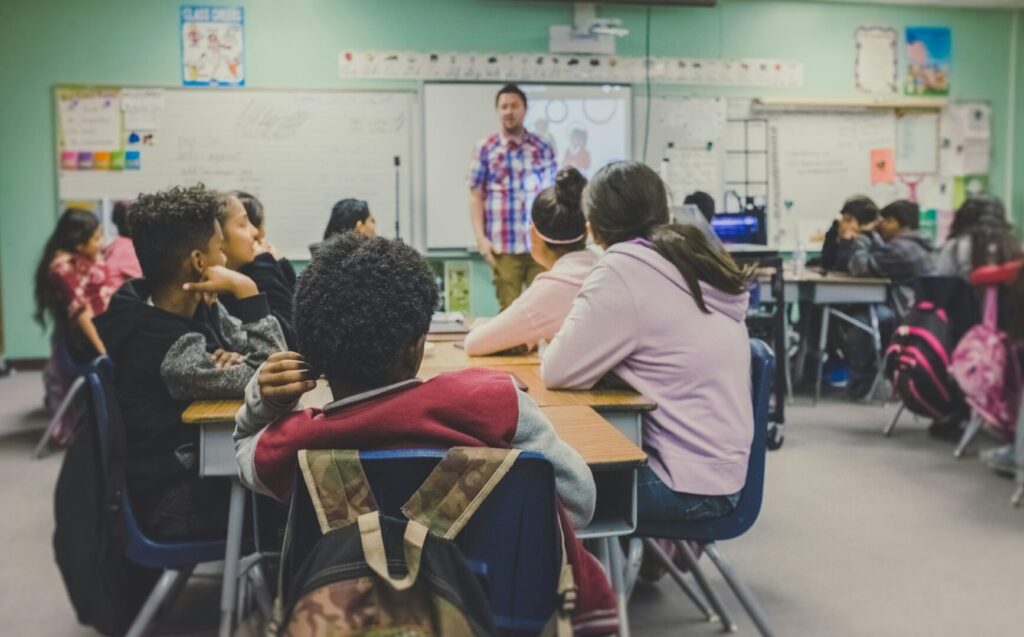The education should not be reduced to the mere transmission of knowledge, but should be a significant experienceconnected to the environment and the lives of the children, said Francesco Tonucci.
Interviewed by La Naciónthe renowned Italian pedagogue shared his vision of what a truly formative and transformative school should be like.
The graduate in Pedagogy in Milan, researcher, cartoonist and author of With the eyes of a child, The city of children y When children say Enough!Among other books that have left their mark on teachers and parents, he argued that a good school is not one that simply teaches content, but one that recognizes the cultural foundations that each child brings with him or her.
"The school must take charge of the cultural bases of the children. Before teaching content, it should think of itself as a place that offers a rich proposal: a pleasant space where music is listened to during recess, that is flooded with art; where children are read to for 15 minutes so that they get in touch with the emotion of reading," he said.
It is crucial, he said, that teachers value each child's family history, as they are not "empty sacks to be filled."
Regarding the transmission of knowledge, Tonucci stated that knowledge is already available from multiple sources, such as the Internet and books. Therefore, the role of the school must be to teach using an approach that is closer to the scientific methodwhere there is no unidirectional transmission of information, but rather the promotion of curiosity and the critical thinking.
"I do not believe in the dogmatic posture of the teacher who has the knowledge and transmits it from a platform or a blackboard while the students take notes and listen mute and bored. The child learns to be silent and remains silent all his life. He loses curiosity and critical attitude," he said.
Tonucci said he imagines a classroom without desks, with tables where students and teachers sit together to share and discuss ideas.
He criticized the fact that traditional schools are disconnected from the daily reality of students, presenting content that, in many cases, is irrelevant.
"Today it is not necessary to study the history of our ancestors, but the history of today. Students should be asked to connect with their family microhistory, the history of their neighborhood. Let them bring the newspaper to the classroom and study on the basis of issues that have to do with the here and now. This will help them to become interested in more distant cultures and get in touch with them," he said.
The pedagogue expressed his concern for the "dual schooling".or the tendency of some institutions to absorb a large part of the children's time with tasks that has no educational valuebecause it does not serve either to deepen or to recover knowledge.
Francesco Tonucci called for a rethinking of the role of school in children's lives, promoting an education that goes beyond content and connects deeply with their inner world and environment.
Source: Teacher's Web


